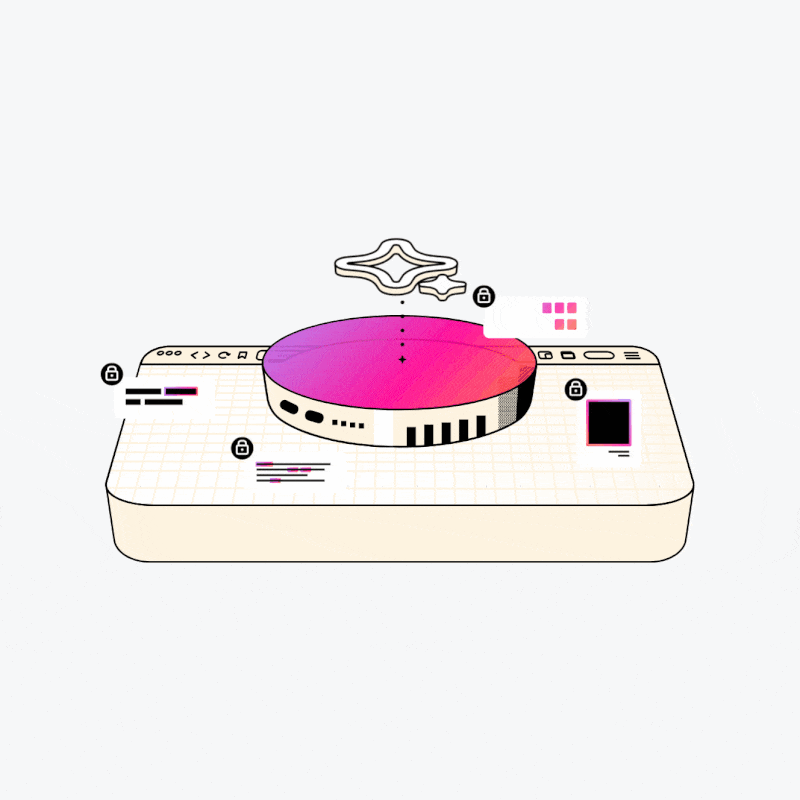
Brave announced that it's bringing its AI assistant, called Leo, to iPhone and iPad.
The rollout follows the launch of the AI assistant on Android and desktop. What this means, users of the web browser on all supported platforms should be able to use the AI to ask questions, summarize webpages, generate content, and more.
In addition, Leo can also translate text, analyze documents (including PDFs and Google Docs), create transcriptions of video or audio content, write code, and more.
By giving access to a built-in AI assistant, Brave is hoping users won’t turn to OpenAI's ChatGPT or other similar services.
After all, the AI chat assistant is built right into the Brave browser, meaning that users can interact with web pages without leaving the page itself.
Brave browser's AI assistant Leo has come to iPhones and iPads!
Full details here: https://t.co/CoRAXZFdsY pic.twitter.com/2N2kgjM4fF— Brave Software (@brave) April 7, 2024
Because Brave has privacy as one of its main selling point, Leo follows that same approach.
For starters, Leo is designed to respect users' privacy and doesn’t retain or share chats for model training. Leo, which operates within the Brave browser, ensures that users' conversations remain private and anonymous.
No account or login is required, and chats are discarded immediately after generating a reply.
To use Leo, users just have to open the Brave browser, start typing in the address bar and then select “Ask Leo.”
Leo is an opt-in feature and can be disabled via the app’s settings.

The generative AI-powered feature uses Meta's LLaMA 2, Mixtral 8x7B, and Anthropic’s Claude Instant, tweaked to focus on safety, in order to adhere to Brave’s core values.
Brave sets Mixtral 8x7B as the default AI model for Leo.
But for users who wish to change this, can do so by upgrading to Leo Premium.
The Apple iOS launch of Leo brings voice-to-text capability, which isn’t available in the Android version of the AI assistant.
With this feature, users can say things out loud and have it converted to text, automatically.
This effective allows users to not type anything.
We just launched Brave's built-in AI Leo on iOS!
With Leo now on all platforms, you'll have this helpful and privacy-preserving assistant available at home, the office, and anywhere else. pic.twitter.com/ZAh5GAUIMN— Brave Software (@brave) April 3, 2024
Brave even said that this additional capability makes it easier to interact with the AI.
Brave isn’t the only browser company to launch an AI assistant.
Opera launched an AI assistant called Aria, built in collaboration with OpenAI.
The product has a chatbot-like interface that lets people ask questions and receive instant responses.
Another competitor, is Arc. But what it does, is blending a web browser, a search engine, and an AI into one unique product, in order to create something new and different.
Perplexity, another rival, also has a unique approach, in which it reinvents internet search with AI.